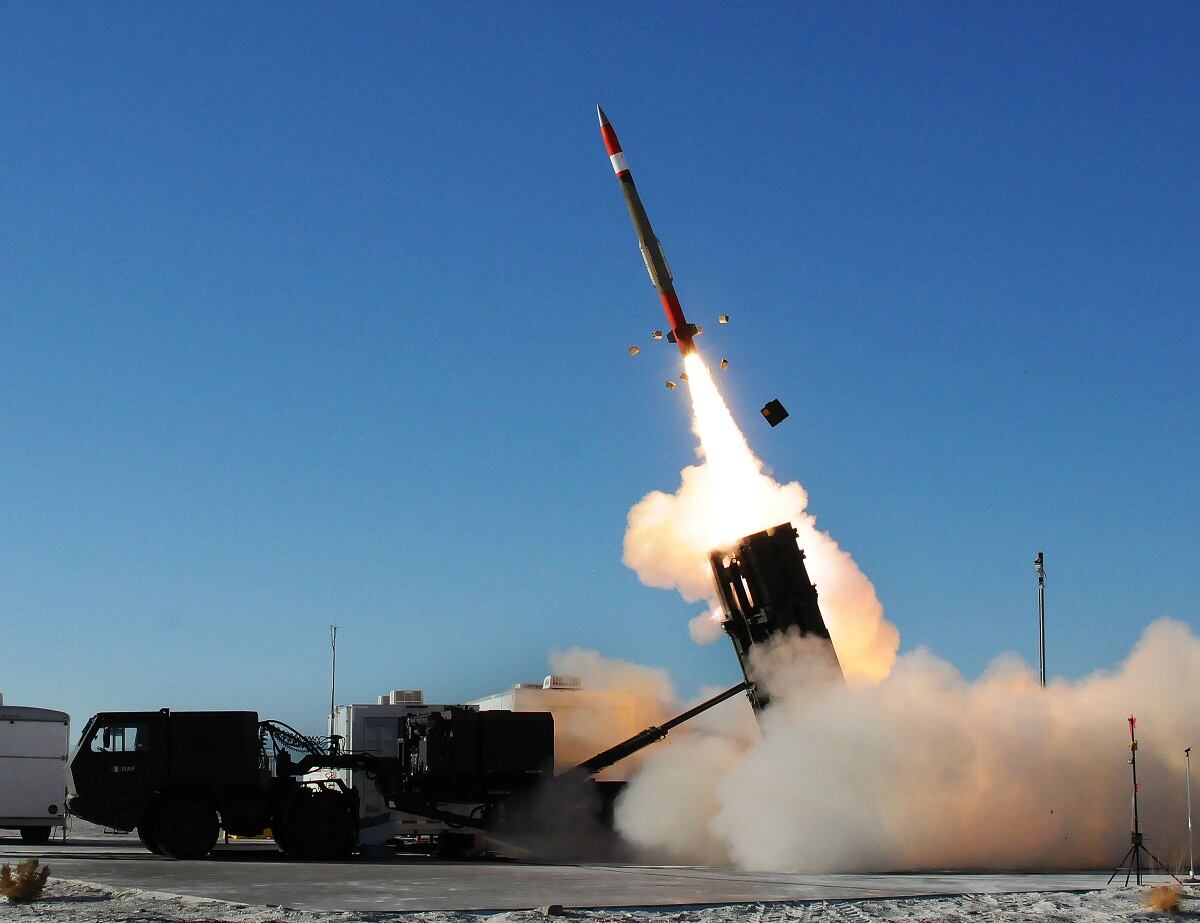COLOGNE, Germany — Lockheed Martin’s Sikorsky and Boeing have submitted their proposals for the German military’s envisioned heavy transport helicopter program, the companies announced.
Sikorsky is offering a version of the CH-53K designed for the U.S. Marine Corps, while Boeing is pitching the H-47 Chinook. The offers, due on Jan. 13, come in response to a request for proposals published by the Bundeswehr last summer. Government officials will spend the greater part of 2020 analyzing the submissions, with a second and final request for offers pegged for the end the year.
The multibillion-dollar STH program, short for Schwerer Transporthubschrauber, is meant to replace the German fleet of decades-old CH-53G copters. Deliveries from the winning bidder are slated to begin in 2024 and last through the early 2030s — that is if the program receives budgetary support from the government and lawmakers when the time comes for a contract next year.
Both companies have assembled a group of German suppliers that would oversee areas such as maintenance, simulators and documentation in an effort to maximize domestic industry participation.
The Bundeswehr initially wanted a no-frills, off-the-shelf cargo helicopter that would be easy on the defense budget. Notably, the Germans also want to use the STH choppers for combat search-and-rescue operations, with plans to raise that mission profile throughout the Air Force’s ranks.
But last year's solicitation came with an unexpected level of complexity, Frank Crisafulli, Sikorsky's director of international business development for heavy helicopters, told reporters during a company presentation in Bonn, Germany, on Monday.
RELATED

“Folks were caught by surprise,” he said. The added complications are due, for example, to the Bundeswehr’s goal of having the helicopters certified in accordance with European civilian aviation regulations. In addition, German officials want a weather radar better than the one offered in the Marine Corps version of the CH-53K, plus a multilayered radio communications setup," Crisafulli said.
As envisioned, the STH program would plunge the German military into a model of contractor-driven support popularized by the U.S. Defense Department under the moniker of performance-based logistics, or PBL.
The idea is that the government can save money by dictating to contractors what level of readiness it wants for its hardware, and then letting vendors figure out how to meet those objectives within a given budget. Pentagon auditors previously affirmed the basic premise of performance-based logistics, with one key caveat: The government must have enough insight and clout in the programs to be able to set sensible performance benchmarks at rates favorable to taxpayers.
According to Mike Schmidt, CEO of Rheinmetall Aviation Services, one of Sikorsky’s key local partners, the concept is relatively new for Germany. At an STH industry day in 2018, “nobody knew what PBL was,” he said.
At stake for the contractors is a 40-year relationship with Germany over the life cycle of the program. Boeing has portrayed its Chinook offering as a low-risk and low-cost option because more than 950 of the aircraft are already used by 20 countries. Sikorsky has played up the aerial-refueling capabilities of the CH-53K, especially in conjunction with the Lockheed Martin-made KC-130J tanker, to increase range.
Sebastian Sprenger is associate editor for Europe at Defense News, reporting on the state of the defense market in the region, and on U.S.-Europe cooperation and multi-national investments in defense and global security. Previously he served as managing editor for Defense News. He is based in Cologne, Germany.







